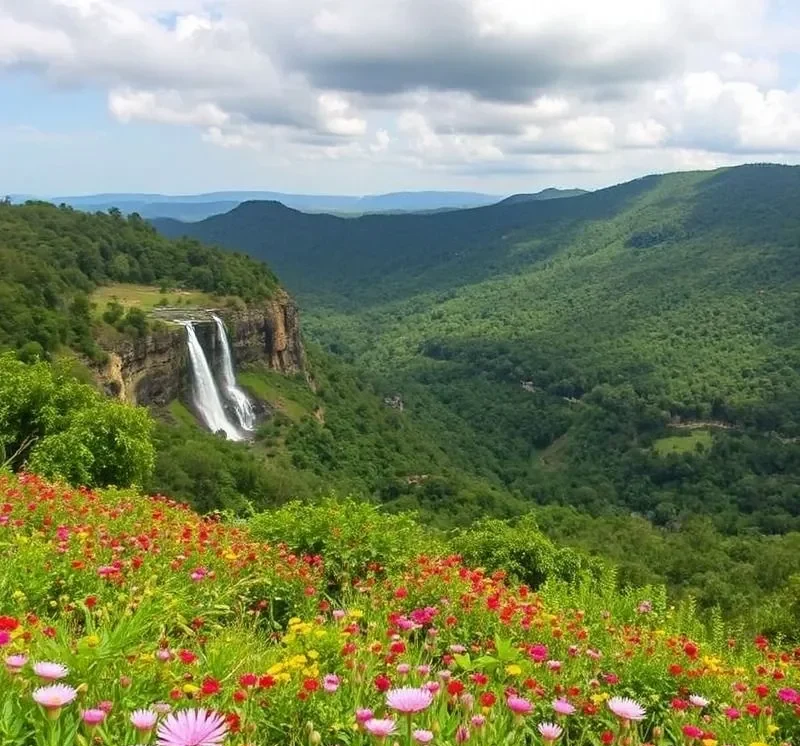
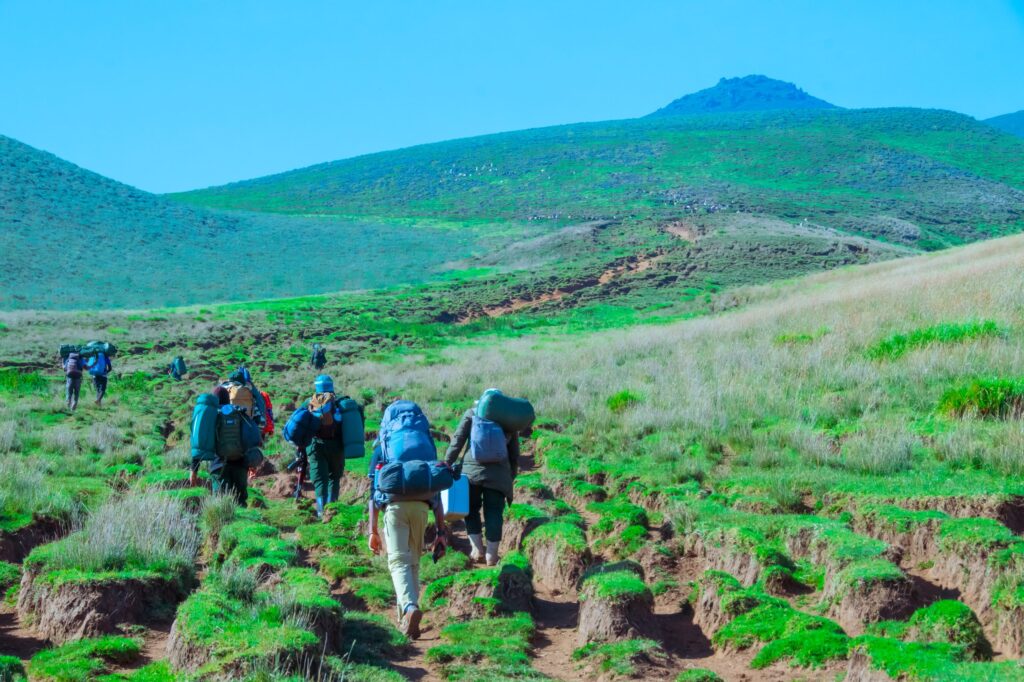
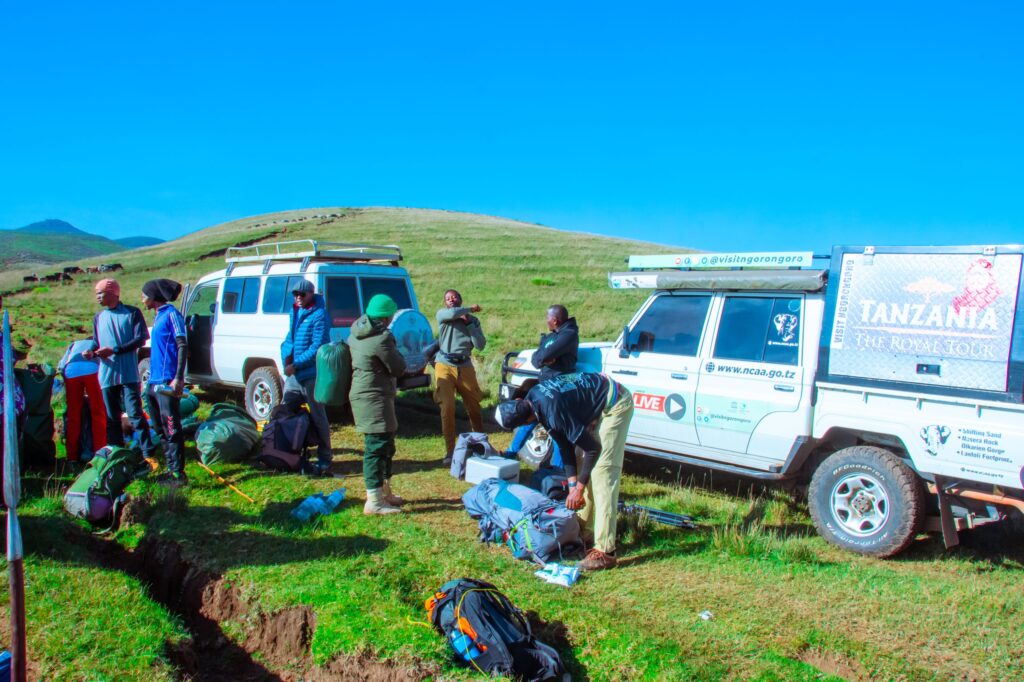
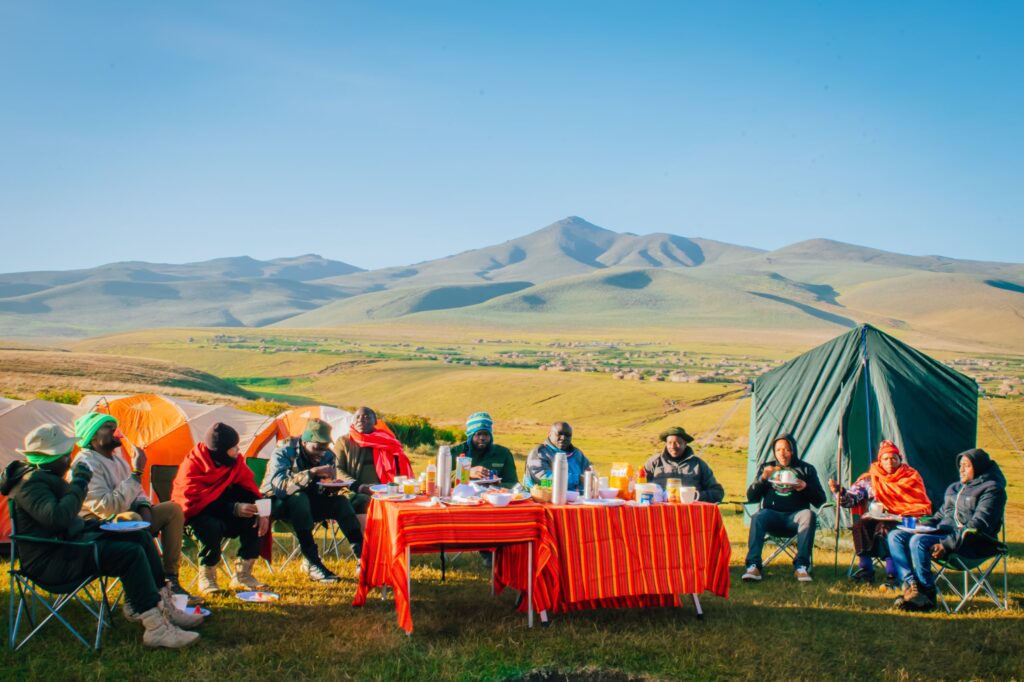
As trekking in Africa becomes increasingly popular, the importance of sustainable and eco-friendly practices cannot be overstated. Responsible trekking ensures that Africa’s pristine environments and diverse wildlife are preserved for future generations. In this blog post, we explore sustainable trekking practices and how Future African Safari integrates them into every adventure.
1. Leave No Trace Principles
Adhering to Leave No Trace principles is fundamental to sustainable trekking.
Plan Ahead and Prepare:
- Research your trekking route and understand the local ecosystem.
- Pack only what you need to minimize waste.
Dispose of Waste Properly:
- Carry out all trash, including biodegradable waste.
- Use designated waste disposal areas whenever possible.
Respect Wildlife:
- Observe animals from a distance without disturbing their natural behaviors.
- Avoid feeding wildlife to prevent dependency and ecological imbalance.
Minimize Campfire Impact:
- Use portable stoves instead of building campfires.
- If fires are permitted, use established fire rings and keep them small.
2. Supporting Local Communities
Sustainable trekking involves supporting the local communities that host trekkers.
Hire Local Guides:
- Employing local guides ensures that your trek contributes directly to the community’s economy.
- Local guides offer invaluable knowledge about the environment and culture.
Stay in Eco-Friendly Accommodations:
- Choose lodges and campsites that implement sustainable practices, such as solar power and water conservation.
- Encourage accommodations that provide fair wages and good working conditions for staff.
Engage in Community Projects:
- Participate in or donate to local conservation and community development projects.
- Respect local customs and traditions to foster positive relationships.
3. Reducing Carbon Footprint
Minimizing your carbon footprint is essential for sustainable trekking.
Travel Light:
- Pack only essential items to reduce the weight carried, which in turn reduces the energy expended during the trek.
Use Eco-Friendly Gear:
- Invest in durable, high-quality gear that lasts longer and reduces the need for frequent replacements.
- Choose products made from sustainable materials.
Opt for Sustainable Transportation:
- Whenever possible, use public transportation or shared vehicles to reduce individual carbon emissions.
- Consider trekking routes that require less travel between points.
4. Conservation Efforts
Active participation in conservation helps protect Africa’s natural wonders.
Wildlife Conservation:
- Support organizations that work to protect endangered species and their habitats.
- Avoid products that harm wildlife, such as single-use plastics.
Habitat Preservation:
- Stick to marked trails to prevent erosion and habitat destruction.
- Participate in habitat restoration projects, such as tree planting initiatives.
5. Education and Awareness
Educating yourself and others about sustainable practices amplifies their impact.
Learn About the Ecosystem:
- Understand the local flora and fauna, and the challenges they face.
- Share your knowledge with fellow trekkers to promote responsible behavior.
Advocate for Sustainability:
- Encourage tour operators and accommodations to adopt sustainable practices.
- Support policies and initiatives that prioritize environmental conservation.
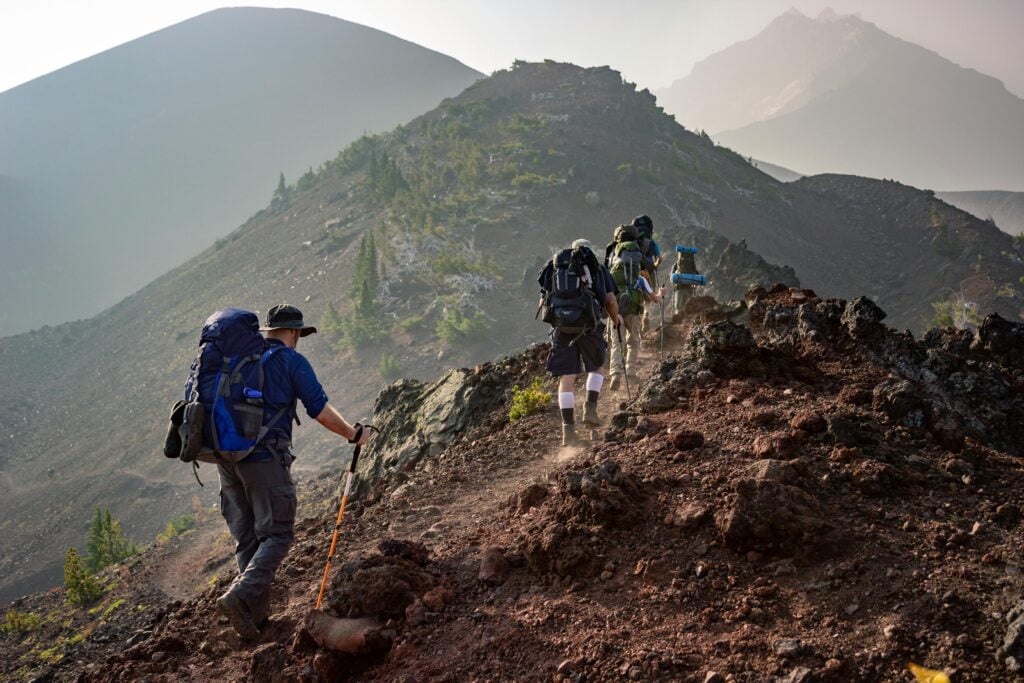
Sustainable trekking is not just a trend; it’s a responsibility we all share to preserve Africa’s natural beauty and cultural richness. At Future African Safari, we are committed to promoting eco-friendly trekking practices that ensure our adventures leave a positive impact. By choosing sustainable trekking, you contribute to the preservation of Africa’s breathtaking landscapes and vibrant communities. Ready to trek responsibly? Let us guide you on an eco-friendly adventure that makes a difference.

